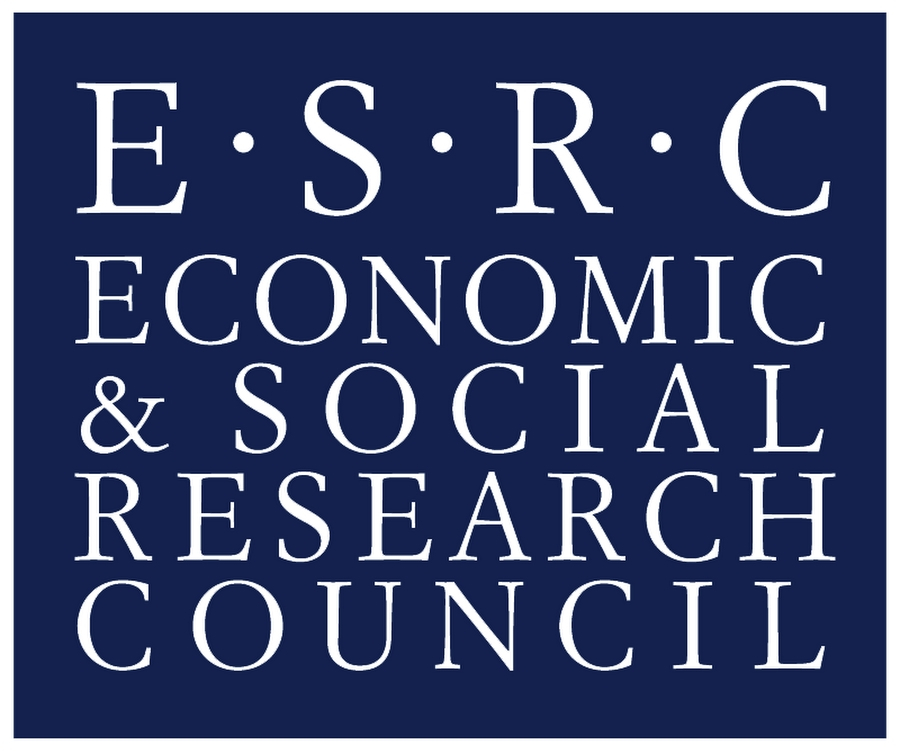
Indonesia is one country that has experienced rapid economic development over the last 50 years and a substantial democratisation since the Asian Financial Crisis of twenty years ago.
Our new ESRC GPID working paper and an accompanying brief take stock of recent economic development in Indonesia since the Asian Financial Crisis and analyse how inclusive structural change has been.
Together with Andy Sumner and Arief Yusuf, I argue that Indonesia achieved substantial structural transformation not only during the heydays of industrialisation but also more recently. Indeed, the transformation is more substantial than a simple glance at the composition of GDP by aggregate sectors would suggest.
We find that in Indonesia most change is now happening intrasectorally: Within the industry sector, for example, there has been a large increase in the construction sector share alongside a large decrease in the manufacturing sector share. In short, a deindustrialisation process alongside a building boom.
What are the socio-economic implications of this trend? We outline a new concept of inclusive structural transformation and define this as a condition where economic opportunities are both sustainable and are reaching a broad part of the labour force.
We find that recent structural transformation in Indonesia has, indeed, been sustainable but it has not been broad-based.
This is because less-educated workers have generally not benefited from economic change to the same extent as high-skilled ones. How to ensure employment creation for less-educated workers thus remains a substantial challenge for Indonesia like many developing countries.
Kyunghoon Kim
Kyunghoon Kim is a PhD student at King’s Department of International Development. His research focuses on the role of state-owned enterprises on economic development in Southeast Asia.
Related papers:
| Kyunghoon Kim, Andy Sumner and Arief Anshory Yusuf | How Inclusive is Structural Change? The Case of Indonesia | 29/09/2017 | |
| Kyunghoon Kim, Andy Sumner and Arief Anshory Yusuf | A Job-centered View of Inclusive Structural Transformation | 10/11/2017 |

